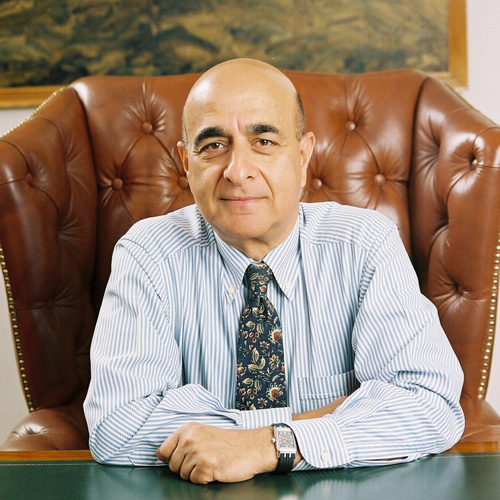In more ways than one, hand-woven silk carpets and wines have a lot in common -- the price for both rises steeply with age; only a few can afford the best; and both need connoisseurs as buyers.
Not surprisingly, a good chunk of CIE's customers do not live in India. "These are customers who visit India on a private jet and probably spend more money buying a carpet than what they might spend as their travelling cost," Mr. Mir says.

